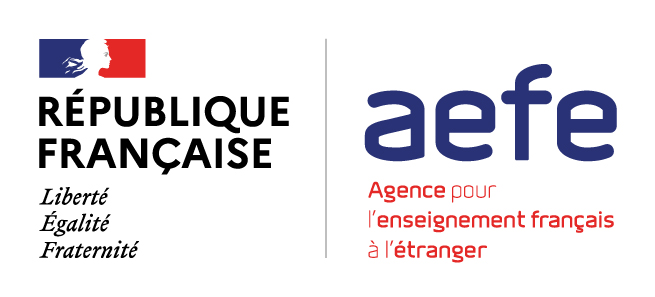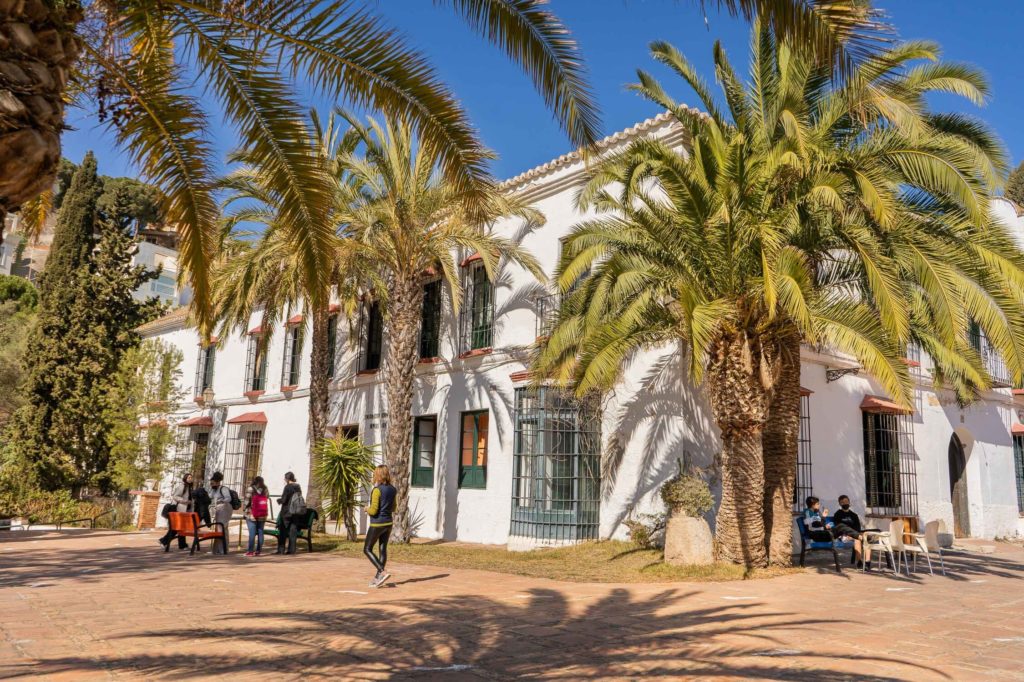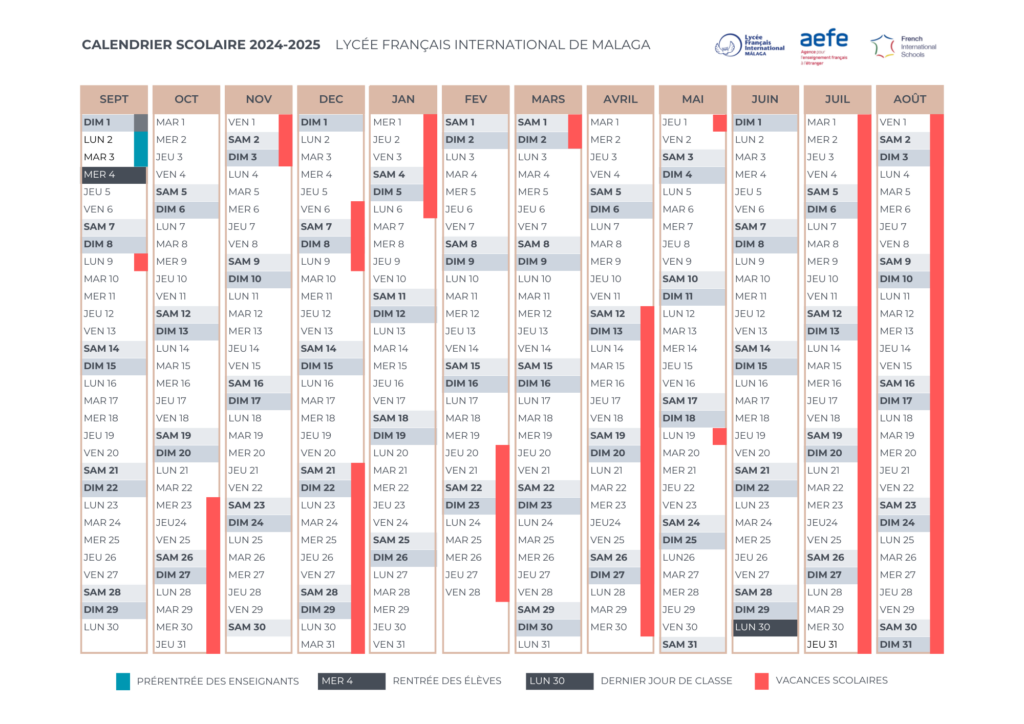PUPILS WITH SPECIFIC EDUCATIONAL NEEDS
Consideration of pupils with special educational needs
The right to education for all children, regardless of their profile, difficulties or handicap, is a fundamental right.
Two main reference texts underpin the educational ambition for the success of all students and adapted school pathways for better social and professional integration:
- The law of February 11, 2005: Law for equal rights and opportunities, participation and citizenship of disabled people
- The law of July 8, 2013: Orientation and programming law for the reestablishment of the school of the Republic
Students whose learning difficulties are the result of a learning disorder can benefit from a personalized support plan (PAP), in the event of medical problems, an individualized reception plan (PAI), and in the event of recognition of disability by an MDPH or by a Spanish organization, a personalized schooling project (PPS).
The personalized support plan (PAP)
It is an educational support system aimed at students who experience lasting academic difficulties caused by one or more learning disabilities and for whom educational adjustments and adaptations are necessary, so that they can continue their school career in the best possible conditions. These PAPs are renewed each school year by the educational committee bringing together parents, professionals from outside the establishment, the establishment's medical service and the educational team. It is validated by the Head of the establishment.
The individualized welcome plan (PAI)
concerns students with chronic illnesses (asthma for example), allergies and food intolerances. It allows them to follow a normal education. Each pupil holding a PAI can thus benefit from his treatment or his diet, ensure his safety and compensate for the inconveniences related to his state of health.
The personalized schooling project (PPS)
concerns all children whose situation meets the definition of disability as set out in article 2 of the 2005 law: "any limitation of activity or restriction of participation in life in society suffered in their environment by a person due to a substantial, lasting or definitive alteration of one or more physical, sensory, mental, cognitive, psychic functions, a multiple disability or an incapacitating health disorder "and for which the MDPH has pronounced on the situation of disability.
The personalized educational success program (PPRE)
concerns pupils who are at risk of not having mastered certain knowledge and skills expected at the end of an education cycle. The PPRE organizes differentiated educational support for the pupil throughout the cycle in order to enable him to overcome the difficulties encountered and to progress in his learning. It aims to reinforce the coherence between the actions undertaken to help the pupil in order to optimize the effect. It associates the student, the family and the teaching team. Once in place, these devices are not optional. They must be put in place on a mandatory basis by all the teachers concerned. To help them, a document covers all the support strategies. This document is available on Pronote.
The school psychologist
Some students have difficulty with their schooling: language delay, behavioral problems, academic difficulties... To help them, the school psychologist receives the students. During interviews, he discusses with them, listens to them, advises them and an evaluation is carried out. An authorization duly signed by the family is essential for primary school students. For middle school and high school, students can be heard without prior parental authorization during school hours for specific situations.
The psychologist can go to the classes to observe children at the request of the teachers without notifying the parents, he collects the impressions of the teachers and the parents. When this analysis phase is complete, the psychologist offers appropriate care: neurologist, speech therapist, psychiatrist, psychologist, etc.









